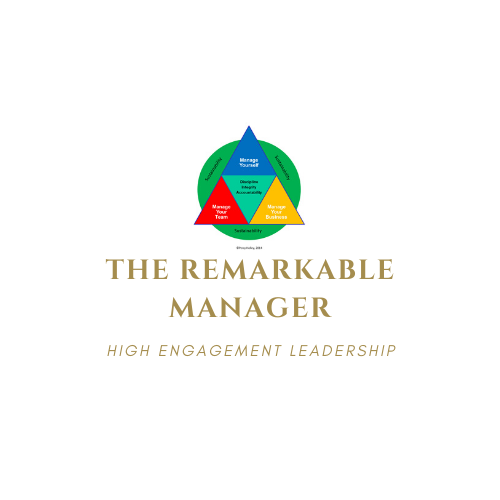A Leader’s Best Friend: Your Personal Development Plan
One remarkable outcome of great leadership is the positive influence you have on others. Highly effective leaders have learned that if you are not developing yourself daily, you have very little hope of developing others into the leaders, you need them to be to see your organization flourish. You cannot give what you do not have.
There is no end to the list of excuses we can make for why we don’t invest the time daily to develop ourselves as leaders. When someone tells me they “don’t have time,” I quickly ask them to repeat the statement using the appropriate words, “I didn’t take the time.” The truth is we all have the same amount of time; you just chose to do something else with yours. I can also learn a lot by asking the person I am coaching to describe their morning routine to me. We all have a morning routine; the question to ask is whether it is helping you grow and improve or not.
What is a Personal Development Plan?
I have focused for years on having a three-part personal development plan. The three parts are Personal, Professional, and Operational. Under the personal heading, you can include development activities that grow your character and reinforce your values. You might consider spiritual reading or improving relationships in the section. In the Professional category, I focus on developing specific skills that will help me improve in my specific areas of interest. It is here where I would study things like leadership, managing change, or executive presence. And in the Operational category, I consider things like job-related skills that may be required for advancement in my chosen field. If you are in marketing, you would develop skills in that area; if operations then skills in that area.
As a leader, these are things you should be working through with your team. Each individual on your team should have a personal development plan that they review with you quarterly. If everyone on your team or in your organization took ownership of their personal development, imagine what you could accomplish.
When Do You Expect Me to Do This?
One mistake many people make when it comes to developing a regular personal development plan is they make it too difficult to sustain over time. It’s easy to say you will get up extra early, dedicate a large amount of time, and then quit after four days because it was too difficult, and you saw no benefit. Four days!
A concept that has been very useful to those I coach is the Irreducible Minimum. An Irreducible Minimum is the minimum you can do every day in an area you are trying to improve in your life that cannot be reduced. Read two pages, write 50-words, or do one pushup, are examples of and Irreducible Minimum. The power of an irreducible minimum is that small things, done daily, consistently, over time, compound into remarkable results. “Done daily” is where the magic happens and where most of us struggle.
How to Get Started
To get started, pick a time, preferably early in your day before others come along and hijack your day, and commit 15-minutes to do one or two Irreducible Minimums. Perhaps you could read two pages in a meaningful book; listen 2-minutes to a meaningful podcast; watch for 2-minutes to a meaningful YouTube video; read for 2-minutes from a meaningful blog post. The two minutes is the minimum that cannot be reduced. However, if the house (or office) is quiet, the light is good and the coffee is warm, you could do more; you just can’t do less.
Reading is a Way, but Not the Only Way
Almost everyone agrees that reading is better for your personal development than not reading, yet it is a struggle for many of us to make that time every day to invest in our future and our success. I have written a comprehensive guide to how you can make reading an everyday habit. You can find that article here:
An Intentional Person’s Guide to Reading Every Day
I have also been positively impacted by the quantity and the quality of content on YouTube, and it’s free! Audiobooks, as I mention in the guide to reading every day, are incredibly good at helping me “read” while doing other things like driving, walking, or washing my car.
Setting Yourself Up for Success
There are some critical success factors that I have learned over years of executing a personal development plan
1. Make it happen every day (7x365)
2. Make it happen at the same time every day
3. Make it happen early before your day gets away from you
4. Decide in advance what you will do (read, write, watch, listen)
5. Keep a notebook nearby to capture things to think on
Small things, done daily, consistently, over time, compound into remarkable results!






Most likely, these unusual times have revealed your true habits. You may be very pleased with what you have learned about yourself, or you may be looking back at the last eight weeks and have very little to show for it.